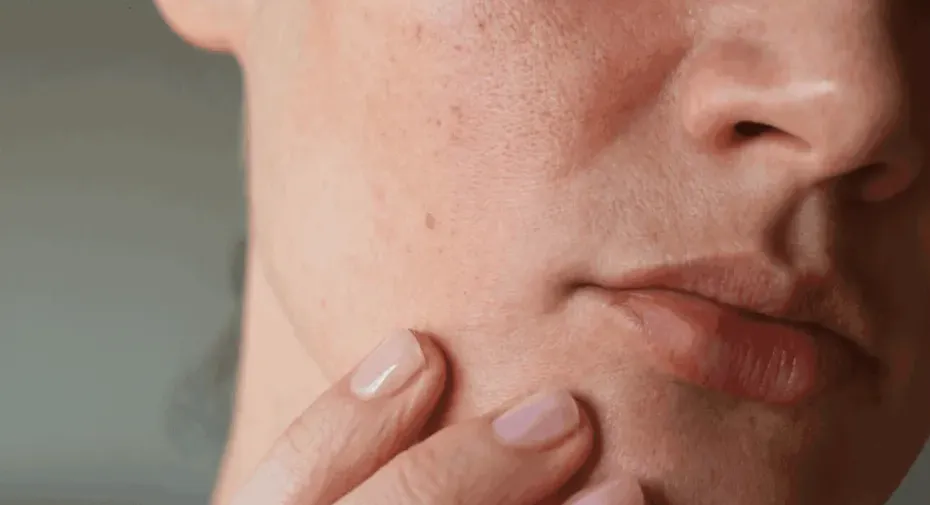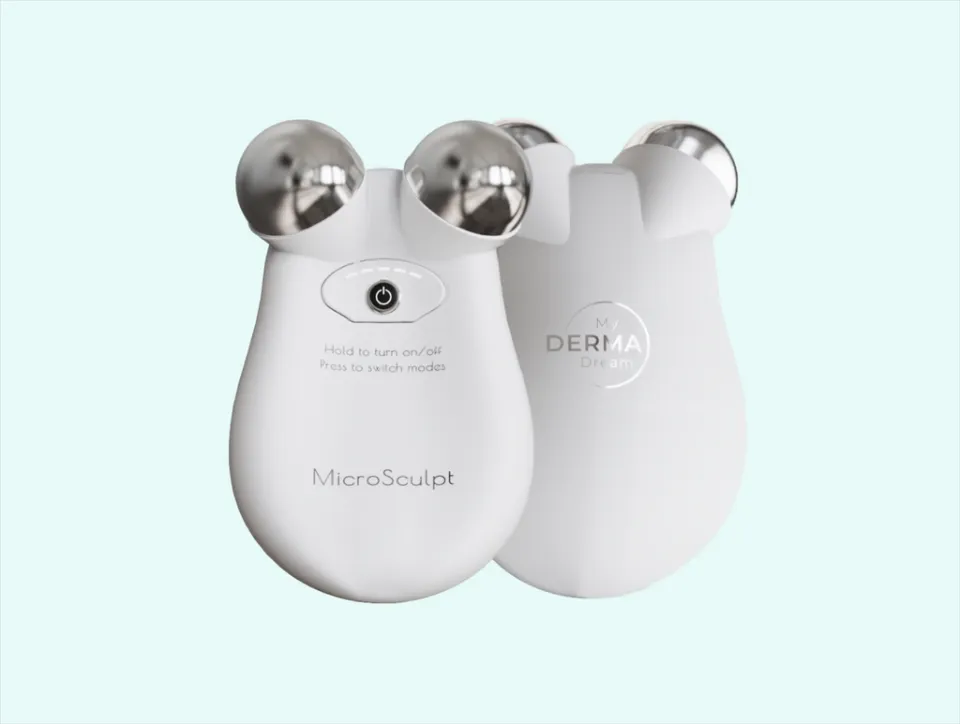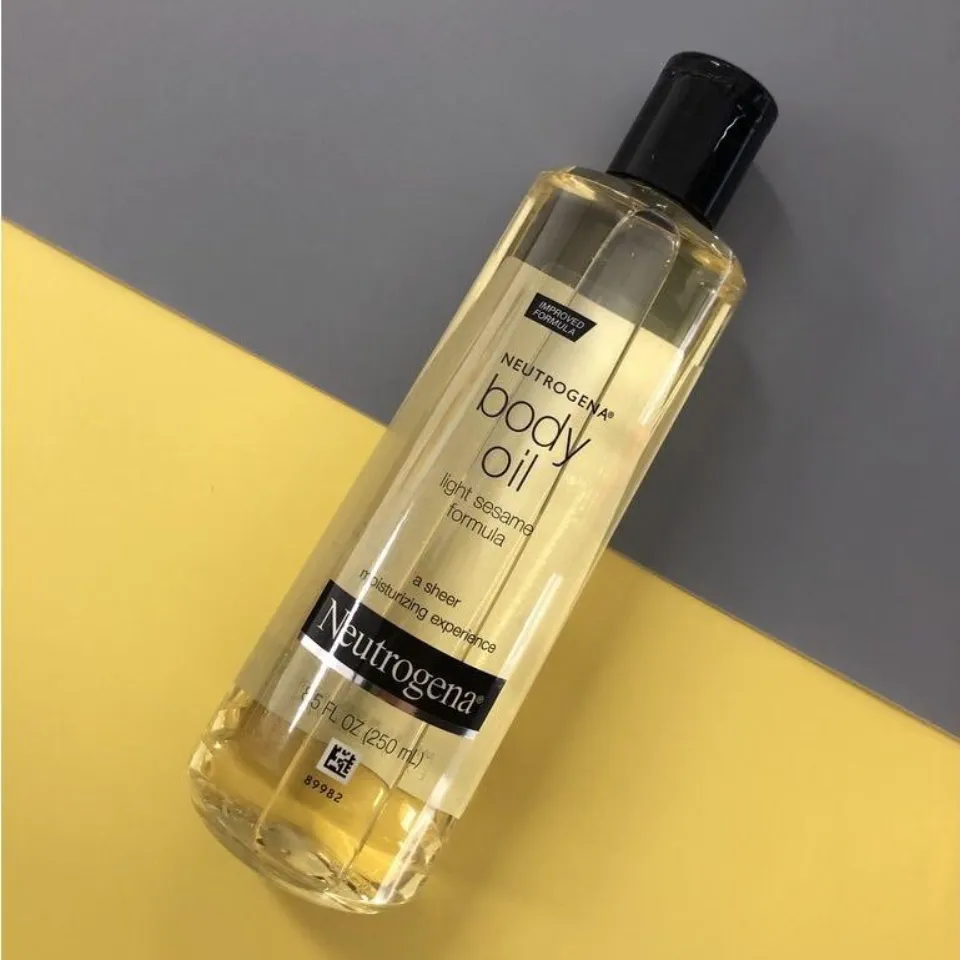Tearing is necessary for healthy eyes. You can express and process your emotions and pain through this biologically necessary process. But some people may wonder: are tears good for your skin?
While crying can cause minor irritation, dehydration, and inflammation of sensitive skin, it does help us feel balanced.
So crying can be both good and bad for your skin, continue reading and find out more.
What Are Tears Made Of?
When it comes to chemical composition, tears are made of water, enzymes, lipids, electrolytes (salt, potassium, manganese), and metabolites.
They occasionally might include antibodies. They occasionally have small amounts of prolactin, adrenocorticotropic hormone, and leu-enkephalin, also known as stress hormones.
Are Tears Good for Your Skin?
Crying is more complex than first appears. We’ve all observed that a good cry can inspire us to pick ourselves up and try again.
So is crying good or bad for your skin? When you cry too much, what can happen to your skin?
After a good cry, you probably noticed that your skin was uneven and that your eyes were swollen and red. And you shouldn’t take them lightly!
Tears and the Sensitive Skin Around Your Eyes

A good cry won’t do anything for delicate skin. It can be easier to irritate the delicate, thin skin around the eyes. Then there is that post-good-cry puffiness that we can all identify.
This occurs because an excessive amount of tears can cause the soft tissue around the eyes to swell.
Similar to this, the increased blood flow causes the blood vessels nearby to enlarge. Around the eyes, irritation and puffiness will develop.
Can Tears Prevent Breakouts and Acne?
Does crying make your face appear clearer? Does crying make your skin appear clear? Or can acne be brought on by crying?
A good cry might be beneficial for people with oily skin types, according to the chemistry of tears. This appears to be because tears contain salt, which can aid in the destruction of acne-causing bacteria.
However, dermatologists point out that there is a significant drawback as well: salty water can dry out your skin.
And then there is acne mechanica, which can be brought on by rubbing the skin while sobbing.
Also Read: Do Cold Showers Help Acne?
Crying Can Disrupt the Skin’s Natural Protective Barrier
Does crying lead to wrinkles? Can crying affect the skin’s natural defenses directly? Once more, perhaps not directly.
But when we cry, we rub our eyes and wipe our tears away, irritating the outermost layer of the skin. This layer keeps moisture inside the skin and shields the dermis from damaging environmental stressors.
The skin is more susceptible to pollution, allergens, microbes, and sun damage when this layer is compromised.
How to Take Care of Your Facial Skin After Crying?
After crying, your skin needs to be protected and restored. In other terms, it decreases the swelling and reduces inflammation.
Your skin and your mind will both benefit greatly from a good facial massage. It will induce a state of well-being and drain the lymphatic system.
Additionally, you can add some essential oils to your diffuser to promote relaxation.
Pat the Tears Away and Deal With Puffy Eyes
Carefully wipe away any tears. Use unscented, non-moisturized tissues. This will help you stay away from chemicals.
Also, you can add a facial mist tonic to your tissue to help alleviate irritation and enhance skin protection. Cold compresses help alleviate skin redness and inflammation
Applying a cool washcloth to your face will help the blood vessels close. Inflammation and swelling will be reduced by doing this.
Invest in a Natural Face Wash Without Harsh Chemicals

Concentrate on restoring the barrier of the skin that has been damaged by salt and abrasions. This is a crucial next step.
Use a natural face wash to prevent further skin irritation from being caused by harsh chemicals.
Avoid using sulfates and other harmful chemicals because they can damage your skin. A natural face wash can help prevent flare-ups and restore the skin.
Calm Down & Moisturize!
Use a face moisturizer that will sustain the restoration of your skin’s protective barrier and that can deal with dryness, inflammation, and dehydration.
Avoid Sun Exposure Or Apply Protection!
Avoid sun exposure because crying, rubbing your face, and post-cry irritation can compromise your skin’s protective barrier.
Reapplying your SPF protection lotion will help to prevent damage if you are outside.
Conclusion: Are Tears Good for Your Skin
Crying is part of life. Some people experience it frequently, while others may only experience it occasionally.
Regardless of how frequently you cry, take care of the skin around and under your eyes. Try as little as possible to rub your eyes.
This can aggravate any acne you may have by increasing puffiness and discoloration. Dirt and bacteria can potentially get into your eyes, causing irritation or inflammation.
Apply a cold compress in its place, or gently wash your face with cool water after the tears have dried. Use a moisturizer afterward and drink water to replenish electrolytes.
Read More:
FAQs
Why Does Your Skin Glow After Crying?
It’s because the blood vessels of your face dilate and cause increased blood flow.
Are Tears Good for Your Eyelashes?
There is no evidence to suggest that crying can increase the length and thickness of your eyelashes.
Do Tears Cause Acne?
Crying does not directly cause acne around the eyes, though it can lead to puffiness and redness there.




